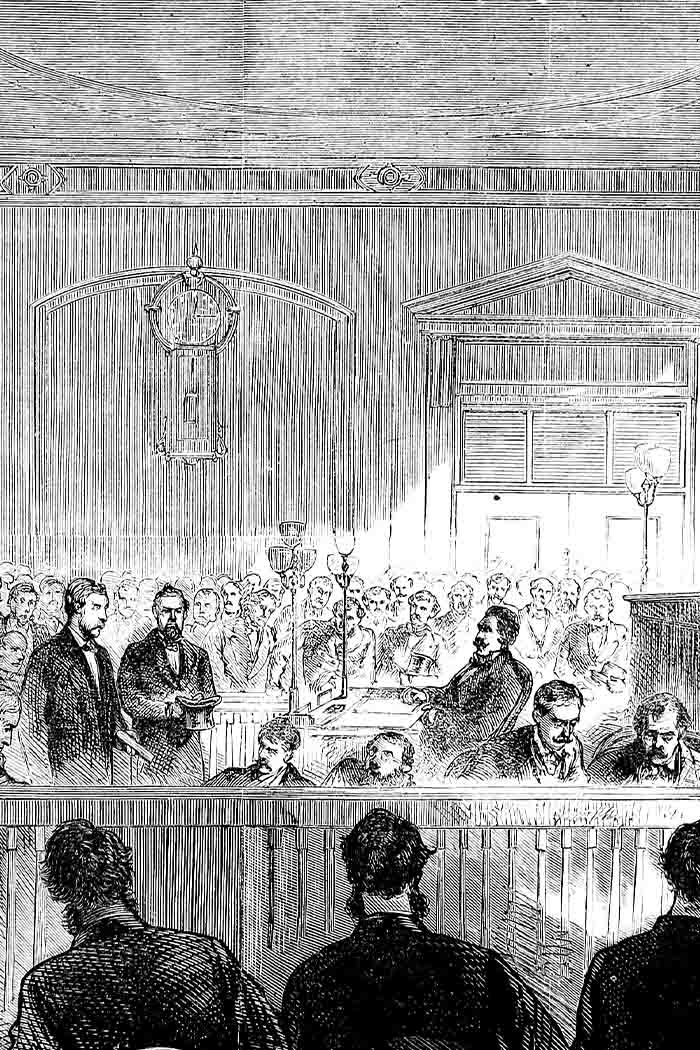Undisclosed Expert Interests #2 – When an Expert Witness is not Entirely Independent
Fortson Pty Ltd V Commonwealth Bank of Australia & Anor [2008] SASC 49 (4 March 2008)
Undisclosed Expert Interests #2 – When an Expert Witness is not Entirely Independent
This is the second of two cases we will cover specifically looking at the non-disclosure of expert witness interests, expert independence, and the effect of this on expert witness evidence.
We should also note this case is not necessarily an expert fail per se (or indeed at all). In this regard it breaks from our theme a little bit, but it does outline an interesting situation for an expert, court and legal team to be in, and factors courts consider in addressing this.

Background
The plaintiff, Fortson owned a commercial property with a mortgage from the CBA. It was unable to make payments and CBA exercised power of sale.
Prior to the sale the CBA engaged a well-known property valuation company to conduct a valuation of the property. One of the licensed property valuers employed by that valuation company, a Mr B, conducted the valuation in 1997.
The plaintiff (and its guarantors) bought various claims against the CBA, one of which was that the CBA had breached its duty under s420A of the Corporations Act to get the best sale price for the property.
Expert evidence was called as to the valuation of the property. At a hearing in 2006, Mr B gave evidence of this on behalf of the CBA, although he was not practising as a valuer at the time he gave evidence. Further, at the time of that hearing, Mr B had changed jobs, and was now an employee of the CBA.
At the time, counsel for CBA considered it was not necessary to disclose to the court that Mr B was now an employee of the CBA as it was not relevant to his valuation. Thus it was not disclosed.
Findings
The court recognised that Mr B was in a very difficult position. They found that the relevant Rules and Practice Direction on expert evidence1 did not prevent an expert with a relationship to a party beyond the engagement as an expert from giving evidence. While the lack of any such relationship was preferred, it was not always possible.
It was also noted that there was no obligation in the Practice Direction to note any such relationship (c.f. the Technomed case considered previously), although at the same time any expert evidence should be independent from and uninfluenced by that party2.
Thus, the fact that Mr B was employed by the Bank and not entirely independent did not mean that he could not be called as an expert witness3.
However fact Mr B was now employed by CBA should have been disclosed. Counsel erred in advising against disclosure. Further, such disclosure would have been fairer to Mr B as it would have allowed him to explain this position4.
Non-disclosure did not mean that a re-hearing should be ordered. Importantly5:
• Valuation itself was conducted independently and before Mr B was employed by CBA.
• The court should proceed on the footing that the fact that Mr B was employed by the CBA at the time he gave his evidence is a material fact which concerns the weight to be given to his evidence.
• However, “The facts of the case are of a kind which do not require his evidence to be discounted. It is apparent from the review of the valuation evidence that the opinions which [Mr B] reached were justified by the evidence.”
The court found Mr B’s the more reliable of the valuation expert evidence.
Comment
At the outset this serves as a reminder of the unique and potentially difficult situations all experts may find themselves in, often through no fault of their own. It serves as a reminder of the need to disclose all conflicts, real or apparent. Not only will this benefit the court, but it will also potentially benefit the expert witness by allowing that witness to effectively deal with any attacks on their evidence under cross examination.
It also shows the court’s pragmatic approach to the provision of evidence and assessing the weight of evidence.
While this is a very specific and unusual set of facts, it does show that in some circumstances an expert may not be wholly independent of the instructing party, and there may well be good reasons for this. This should be disclosed, and the court will give weight to the evidence accordingly, but it will not be fatal to the evidence.
To see how we can potentially assist in the training of expert witnesses, including training on expert witness duties, please contact us.
1 South Australian Supreme Court Civil Rules 1987 Rule 38 and 1999 Practice Direction 46A
2 At para 114.
3 At para 114.
4 At para 116.
5 At para 118.
